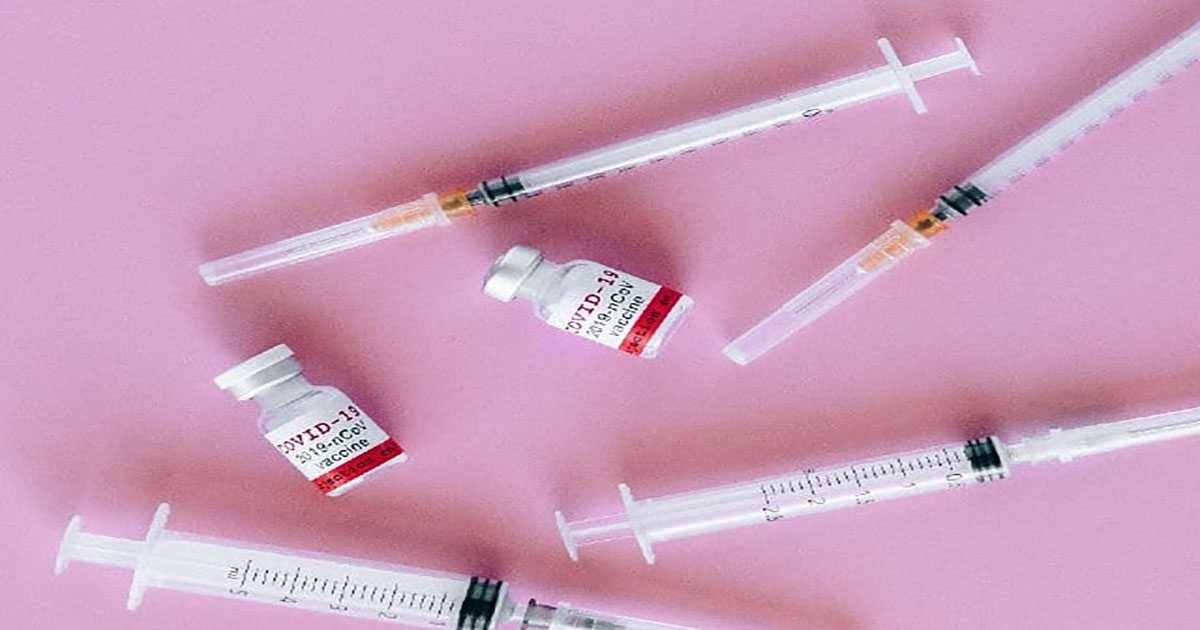By Gabriella Jóźwiak (08 April 2021)
By the end of 2021, the COVAX Facility hopes to deliver at least 1.8 billion doses of COVID-19 vaccines to 92 low- and middle-income countries. Laid end-to-end, this amount of single-use syringes and needles could circle the world multiple times.
During the COVID-19 outbreak in Hubei Province, China, in 2020, infectious medical waste increased by 600% from 40 to 240 tons per day, according to the Asian Development Bank.
As countries race to vaccinate their populations, the amount of hazardous, clinical waste they produce will rise. In places where formal waste collection systems are generally poor, experts warn of a looming crisis.
“The dirtier side of pandemic response, which is dealing with all the waste, is just constantly delegated to governments, countries, and under-resourced health systems,” said Alice Street, senior lecturer in social anthropology at U.K.’s University of Edinburgh, who has conducted research on waste management in low- and middle-income countries.
In June 2020, the International Finance Corporation, a member of the World Bank Group, warned the impact of COVID is likely to cause existing hazardous waste treatment capacity in developing countries to be overwhelmed, leading to stockpiling and potentially inadequate disposal. This could result in increased transmission of diseases from incorrectly-treated used syringes and air pollution from toxic fumes when clinical waste is burned in open pits.
Multilateral development banks providing finance for vaccine procurement and the COVAX facility require countries to submit waste management plans. COVAX is also providing waste handling guidelines as well as additional training and infrastructure support. But experts want funders and agencies to give waste management greater attention to ensure the entire process of delivering vaccines — from start to finish — is safe.
Prerequisites for loans
Gavi, the Vaccine Alliance, which co-leads the COVAX Facility with the Coalition for Epidemic Preparedness Innovations, WHO, and UNICEF, requires all countries eligible for donor-subsidized doses to outline their waste management capabilities.
As part of the COVAX agreement, UNICEF and WHO provide guidance on practical steps for how to prepare a waste management plan, including the disposal of syringes, vials, and other COVID-19 related waste. They also provide sharps boxes with vaccine deliveries — plastic containers that can be sealed once filled with used syringes.
UNICEF’s deputy director for operations in Supply Division in Copenhagen, Gisela Henrique, said hazardous or medical waste disposal should be managed through national or local laws in each country.
“The method should be safe, respect the environment and comply with national laws and codes on health and safety. Open-air incineration is not recommended due to the environmental risks,” Henrique said. UNICEF has also been strengthening waste management systems at country level by procuring incinerators and providing technical assistance.
Facilities should not burn waste, including syringes and needles, in open pits, releasing dangerous, toxic fumes. These pits do not reach the high temperatures required to disintegrate sharps, so subcontracted waste handlers either buried or transported the remaining waste to public dumps.
Needle-stick injuries are the obvious outcome of mishandling of clinical waste. WHO estimates that among 35 million healthcare workers worldwide, about 3 million receive percutaneous exposures to blood-borne pathogens each year, and more than 90% of these cases occur in low and middle-income countries.
This means about 40% of hepatitis B and C infections and 2.5% of HIV infections in health care workers are attributable to occupational sharps exposures. It is not just COVID-19 transmission that is risked if waste is badly managed.
Global union federation Public Services International’s health and social services officer Baba Aye describes countries’ preparedness for managing the extra waste the vaccinations will generate as “a looming crisis of its own.”
Aye is also concerned that despite the best intentions of multilateral organizations, governments will flout guidelines on waste management because they lack enforcement mechanisms. “The best you have, in most instances, are recommendations and guidelines,” he says of what organizations have to offer. “We would be very happy to see them doing much more than that.”


